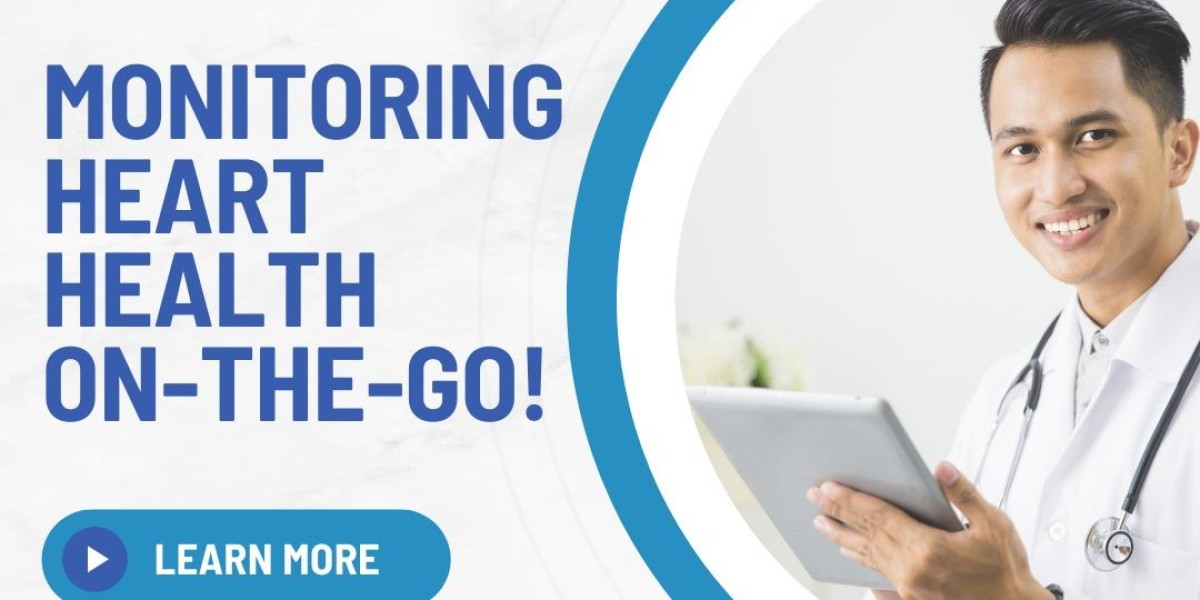Cardiac monitoring, or remote heart monitoring, is a method by which information from a patient’s implantable rhythm management device can be communicated directly to a physician’s office. This allows the doctor and their team to review a patient’s heart activity and device performance without the patient needing to be physically present
RCM PROGRAMME: NEED
With the fast-approaching digitization, opting for remote cardiac monitoring services has become the need of the hour. The major need for Remote Cardiac Monitoring Programmes is to keep patients’ heart healthy and in good condition. It has evolved to provide physicians with more insight into how the heart is behaving.
A healthcare report from 2021 reveals that approximately a third of India’s senior citizens have been diagnosed with hypertension, 2.7% have had a stroke, and 5.2% have been admitted with chronic heart disease. It has been determined that this country’s growing number of heart disease patients and inadequate medical resources, such as hospital beds, are major areas of concern. What else could be a more important reason & need to understand the importance of Remote Cardiac Monitoring; especially during the sudden occurrences of situations like the global pandemic?
It would not be wrong to mention here that the minimum medical support available is another prime reason indicating towards the urgent necessity of remote monitoring devices, especially for heart patients.
Another two reasons of its increasing priority is to first allow constant communication between the patients and the doctors and second, the remote availability which increases flexibility for both the hospitals and the patients. Cardiac Rhythm is one such remote device facility that offers wireless medical solutions for all heart-related issues and concerns.
One of the most important benefits of remote cardiac device monitoring is that it cuts down on routine doctor visits.
The ability to continuously keep tabs on a patient’s cardiac health and functioning of their rhythm management device has proven to be beneficial in a number of ways. Fewer in-person visits are required, saving patients time and expense that may be associated with doctor appointments. Furthermore, research has revealed significant benefits associated with overall quality of care. Some of the most impressive findings include:
Greater than 65% reduction in hospitalizations due to atrial arrhythmia
Nearly 80% reduction in the time taken to detect clinical events
Patients with remote monitoring devices have a probability of survival that is more than 2x greater than those without
Cardiac Monitoring may be recommended if you have to a patient when they have:
- Cardiac Arrhythmia (having an abnormal heartbeat)
- Experienced fainting or shortness of breath
- Sporadically felt heart pains, as it may not be detected at the time you go to the doctors
- Felt that you may be at risk of a heart condition
- Previously had a heart condition








